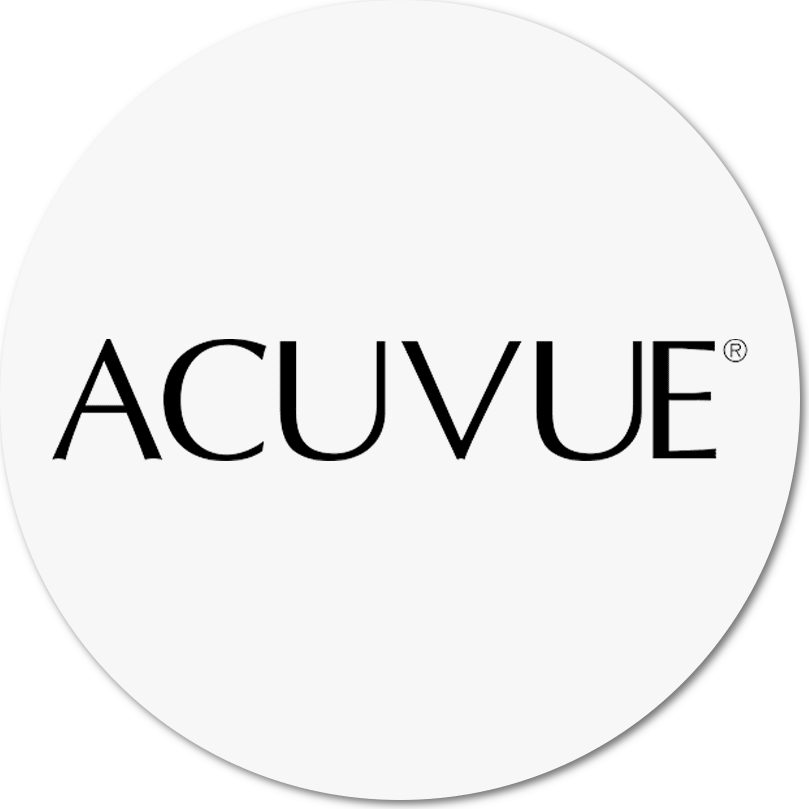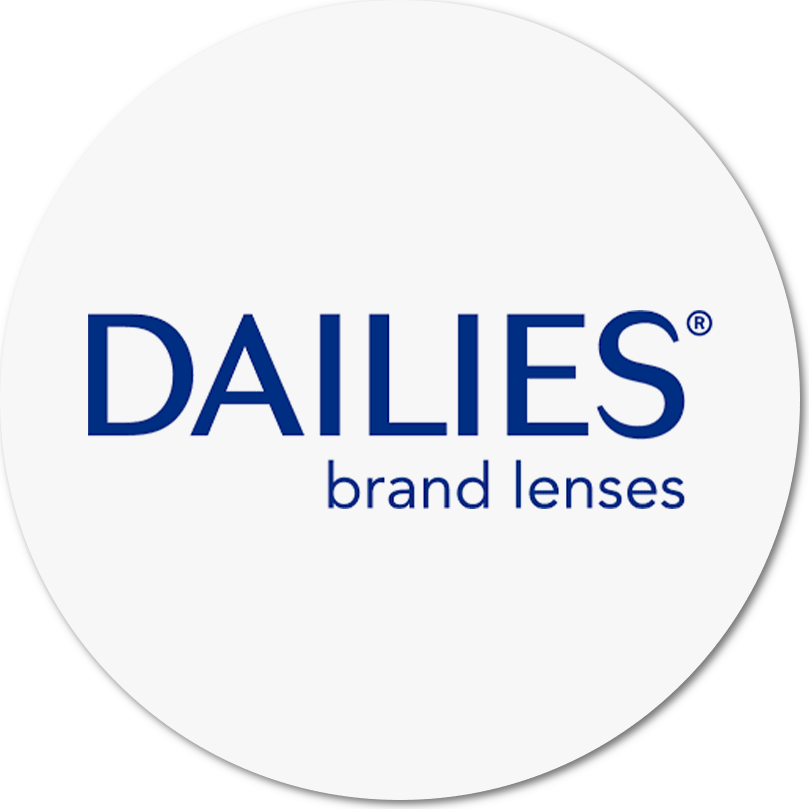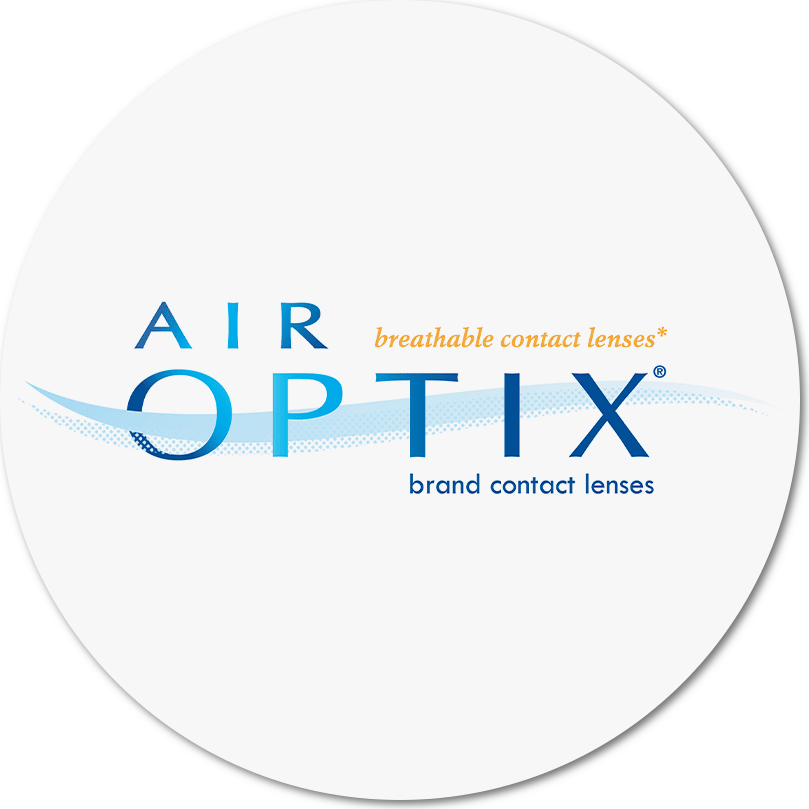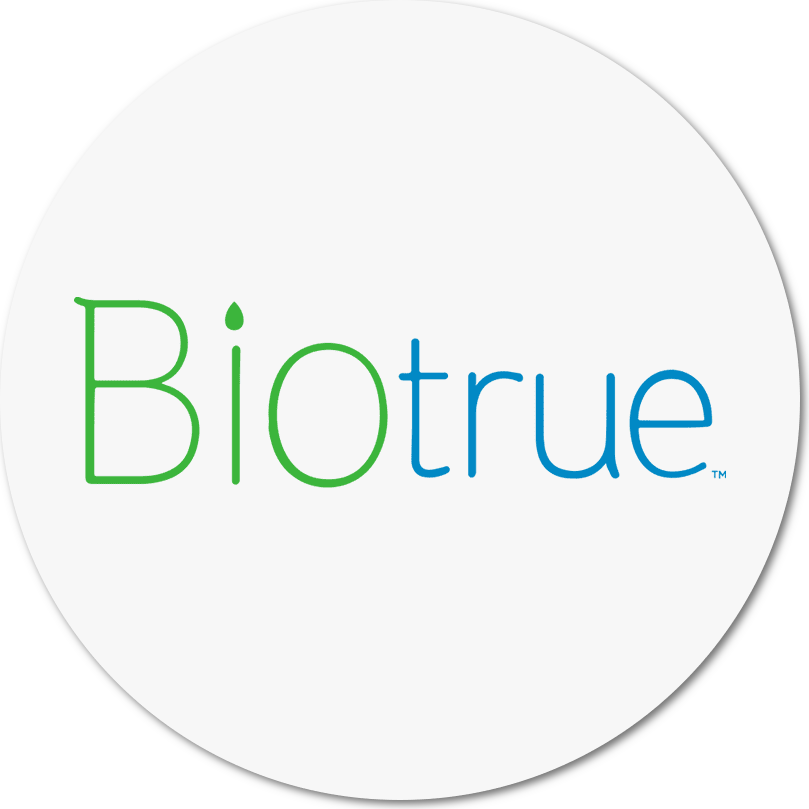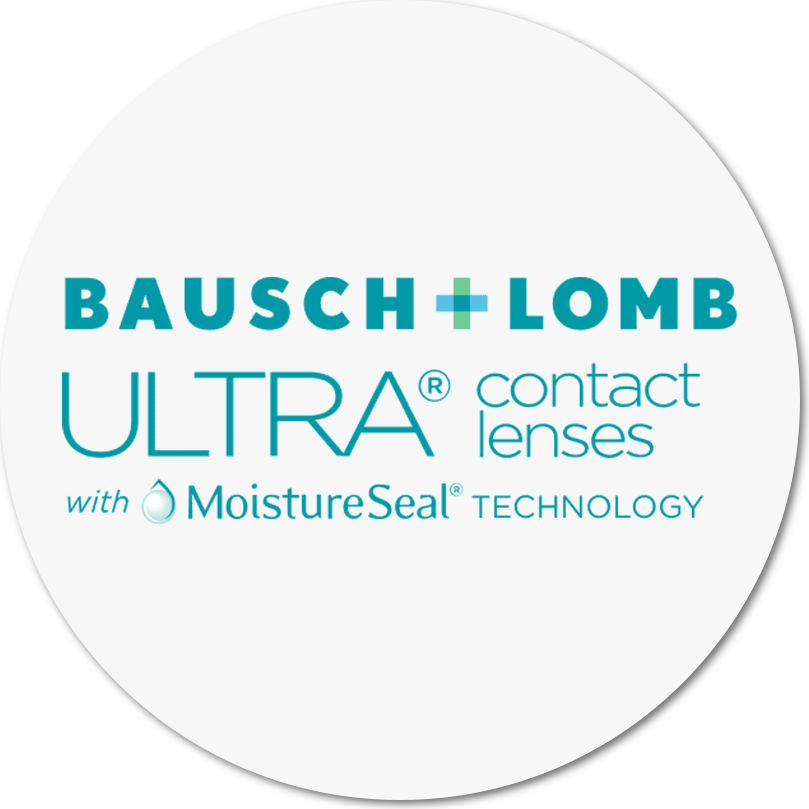Soft
Save 20% off contacts
We have all the most-loved brands
We make it easy to order contacts online
New customer? Here’s what you’ll need:
-
Your prescription
Upload a picture of your prescription, or type it in manually.
-
Your eye doctor information
Your eye doctor information will help us verify your prescription and ship orders more quickly.
-
Shop contact lenses
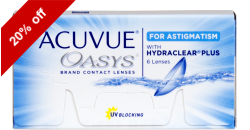 Acuvue Oasys for Astigmatism
Acuvue Oasys for Astigmatism
- (6 lenses / box)
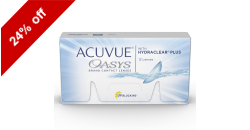 Acuvue Oasys
Acuvue Oasys
- (12 lenses / box)
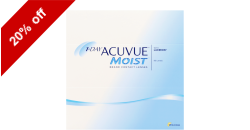 1-Day Acuvue Moist
1-Day Acuvue Moist
- (90 lenses / box)
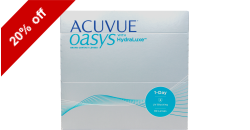 Acuvue Oasys 1-Day
Acuvue Oasys 1-Day
- (90 lenses / box)
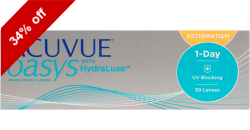 Acuvue Oasys 1-Day Astigmatism
Acuvue Oasys 1-Day Astigmatism
- (30 lenses / box)
 Biofinity Toric
Biofinity Toric
- (6 lenses / box)
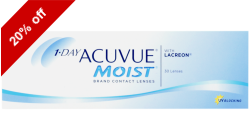 1-Day Acuvue Moist
1-Day Acuvue Moist
- (30 lenses / box)
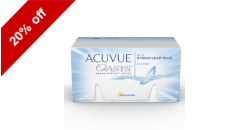 Acuvue Oasys
Acuvue Oasys
- (24 lenses / box)
 Biofinity
Biofinity
- (6 lenses / box)
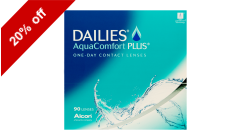 DAILIES AquaComfort Plus
DAILIES AquaComfort Plus
- (90 lenses / box)
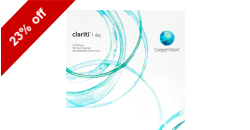 clariti 1-Day
clariti 1-Day
- (90 lenses / box)
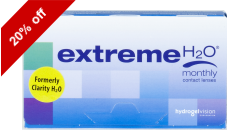 Extreme H2O Monthly
Extreme H2O Monthly
- (6 lenses / box)
The most commonly prescribed type of contact lenses in the United States are soft lenses. These lenses are made of flexible plastic combined with water to allow oxygen to pass through the contact lens to the cornea. This makes them generally more comfortable to wear over other types of lenses. They provide increased comfort, stay in place better and are easier to adjust than hard contact lenses.
Whether you have myopia (nearsightedness), hyperopia (farsightedness), astigmatism (blurred vision) or presbyopia (age-related loss of close-up vision), there is a soft contact lens that can help you see more clearly. There are three main options in soft contact lenses: daily, weekly and monthly disposable lenses. Disposable daily contact lenses are contact lenses that are worn for one day and then discarded. You open a new pack every morning, throwing away your contacts after removal at night. Disposable weekly contact lenses, also known as weeklies, are used for one or two weeks before being tossed and replaced with a new pair. Disposable monthly contacts have a wear period of one month or longer, given your frequency of use.
Disposable soft contact lenses require minimal cleaning and disinfection while in use--a simple contact solution and case is enough for most people using weekly and monthly disposables that remove them at night. Extended wear contact lenses are an option, which can be worn while sleeping, but even they must be removed and cleaned once a week. If you are prone to eye infections, extended wear lenses might not be the best for you, due to the build-up of bacteria and dirt during the long wear period.
You will probably experience some trial and error in finding the right contact lenses for your eyes. Everyone reacts differently to lens materials and cleaning solutions, so don't become discouraged if your first pair isn't a good fit. If your eyes or lenses become uncomfortable or you are not seeing well, consult with your eye doctor to explore other contact options.
References
"Contact lens basics: Types of contact lenses and more," All About Vision.
https://www.allaboutvision.com/contacts/contact_lenses.htm
"Contact Lenses: Know Your Options," VSP.
https://www.vsp.com/eyewear-wellness/lasik-glasses-lenses/types-of-contact-lenses
"What Are The Best Type of Contact Lenses to Wear?," Contacts Direct.
https://www.contactsdirect.com/what-are-the-best-type-of-contact-lenses-to-wear

